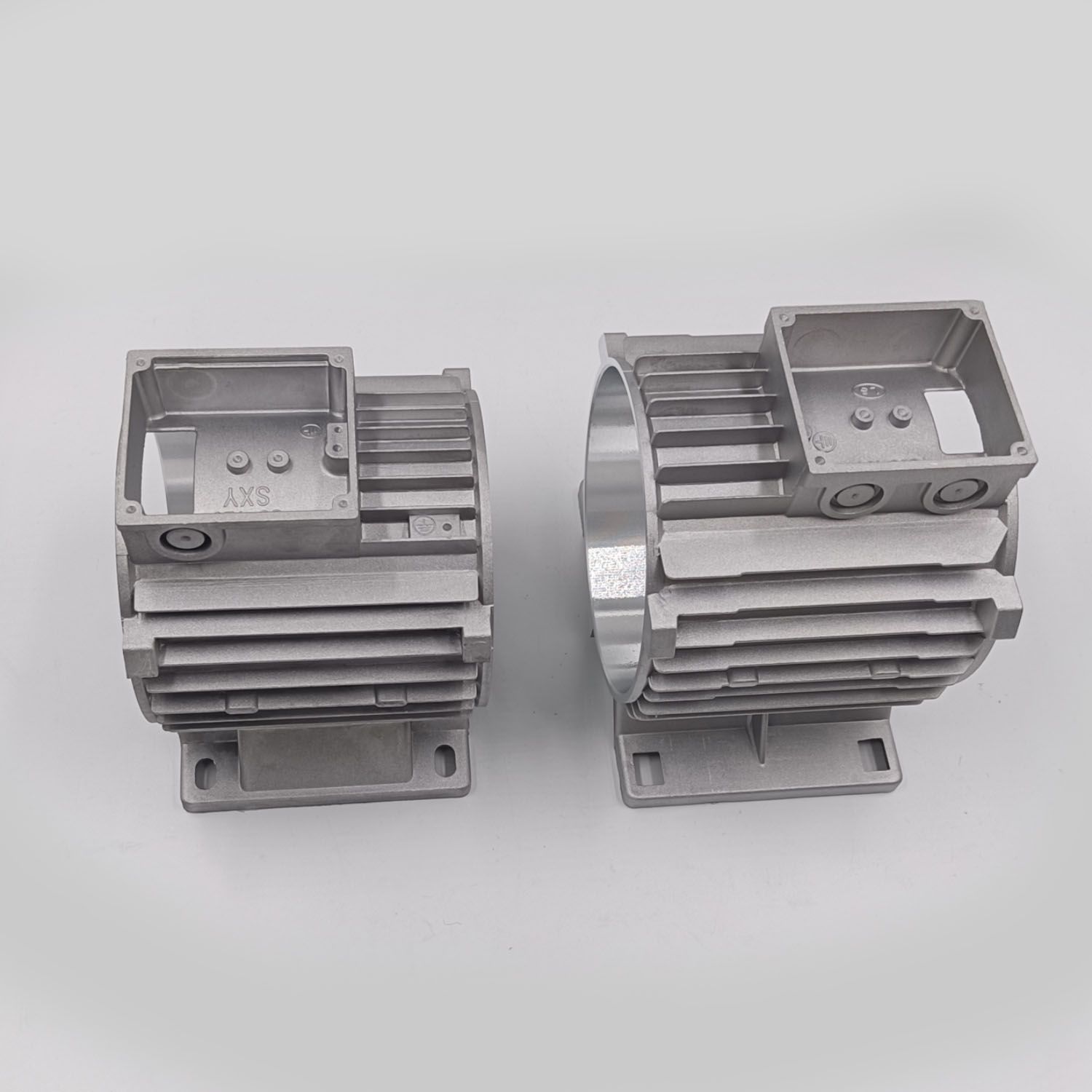Stahl Specialty Company Fundamentals Explained
Stahl Specialty Company Fundamentals Explained
Blog Article
Examine This Report on Stahl Specialty Company
Table of ContentsGetting The Stahl Specialty Company To WorkExamine This Report on Stahl Specialty CompanyStahl Specialty Company for Dummies9 Easy Facts About Stahl Specialty Company ShownThe Facts About Stahl Specialty Company Revealed
The subtle difference depends on the chemical content. Chemical Comparison of Cast Light weight aluminum Alloys Silicon advertises castability by lowering the alloy's melting temperature and enhancing fluidness during spreading. It plays a crucial role in allowing detailed mold and mildews to be filled up precisely. Additionally, silicon adds to the alloy's strength and use resistance, making it useful in applications where resilience is crucial, such as vehicle parts and engine parts.It also boosts the machinability of the alloy, making it easier to process right into completed items. By doing this, iron adds to the general workability of aluminum alloys. Copper increases electric conductivity, making it useful in electric applications. It likewise enhances deterioration resistance and includes in the alloy's total stamina.
Manganese contributes to the toughness of aluminum alloys and enhances workability. Magnesium is a lightweight component that offers toughness and influence resistance to aluminum alloys.
It allows the production of light-weight components with exceptional mechanical residential properties. Zinc boosts the castability of aluminum alloys and helps regulate the solidification process during casting. It enhances the alloy's strength and firmness. It is usually discovered in applications where elaborate shapes and fine details are essential, such as attractive spreadings and certain auto components.
The Main Principles Of Stahl Specialty Company
Due to the fact that aluminum-silicon alloys have great spreading buildings, high gas residential or commercial properties, easy procedures, and superb corrosion resistance, aluminum-silicon alloys are most typically used in the die-casting market in the house and abroad. At the same time, aluminum-silicon alloys are also fairly very early and commonly identified alloys created and utilized in die-casting. After continual research and renovation, many of the present worldwide mainstream aluminum-silicon alloys have actually been settled and are absolutely nothing even more than A356, A360, A380, ADC12, B390, and A413.
The main thermal conductivity, tensile strength, return toughness, and elongation differ. Select suitable basic materials according to the performance of the target item created. Among the above alloys, A356 has the highest thermal conductivity, and A380 and ADC12 have the cheapest. The tensile limitation is the contrary. A360 has the most effective return strength and the highest possible elongation rate.

The Definitive Guide to Stahl Specialty Company
In accuracy casting, 6063 is appropriate for applications where detailed geometries and premium surface area finishes are extremely important. Instances include telecommunication rooms, where the alloy's superior formability allows for sleek and visually pleasing styles while preserving architectural stability. Likewise, in the Lights Solutions market, precision-cast 6063 components develop elegant and effective lights components that need detailed shapes and excellent thermal efficiency.
(http://www.place123.net/place/stahl-specialty-company-kingsville-mo-united-states)
The A360 exhibits superior elongation, making it perfect for complicated and thin-walled components. In accuracy spreading applications, A360 is appropriate for industries such as Customer Electronics, Telecommunication, and Power Devices.

In precision spreading, light weight aluminum 413 beams in the Customer Electronics and Power Equipment industries. It's frequently made use of to craft intricate parts like smartphone housings, camera bodies, and power device casings. Its precision is remarkable, with tight resistances as much as 0.01 mm, guaranteeing remarkable product assembly. This alloy's remarkable corrosion resistance makes it an outstanding choice for outside applications, guaranteeing resilient, long lasting products in the discussed markets.
The smart Trick of Stahl Specialty Company That Nobody is Discussing
The light weight aluminum alloy you pick will considerably impact both the casting process and the residential properties of the last product. Because of this, you must make your decision carefully and take an enlightened strategy.
Figuring out the most appropriate aluminum alloy for your application will certainly mean weighing a large array of features. These relative alloy characteristics adhere to the North American Die Casting Association's standards, and we have actually divided them right into two classifications. Aluminum Castings. The very first group addresses alloy features that impact the manufacturing procedure. The 2nd covers attributes influencing the residential properties of the last product.
The alloy you select for die spreading directly affects several facets of the casting procedure, like just how easy the alloy is to deal with and if it is vulnerable Your Domain Name to casting problems. Warm breaking, additionally called solidification fracturing, is a regular die casting flaw for light weight aluminum alloys that can result in internal or surface-level rips or cracks.
The 2-Minute Rule for Stahl Specialty Company
Specific aluminum alloys are much more at risk to hot cracking than others, and your choice must consider this. Another typical problem found in the die spreading of light weight aluminum is die soldering, which is when the actors stays with the die walls and makes ejection hard. It can harm both the cast and the die, so you must look for alloys with high anti-soldering residential properties.
Rust resistance, which is currently a notable attribute of aluminum, can differ substantially from alloy to alloy and is a vital characteristic to consider depending upon the environmental problems your product will certainly be exposed to. Use resistance is another building frequently looked for in aluminum products and can differentiate some alloys.
Report this page